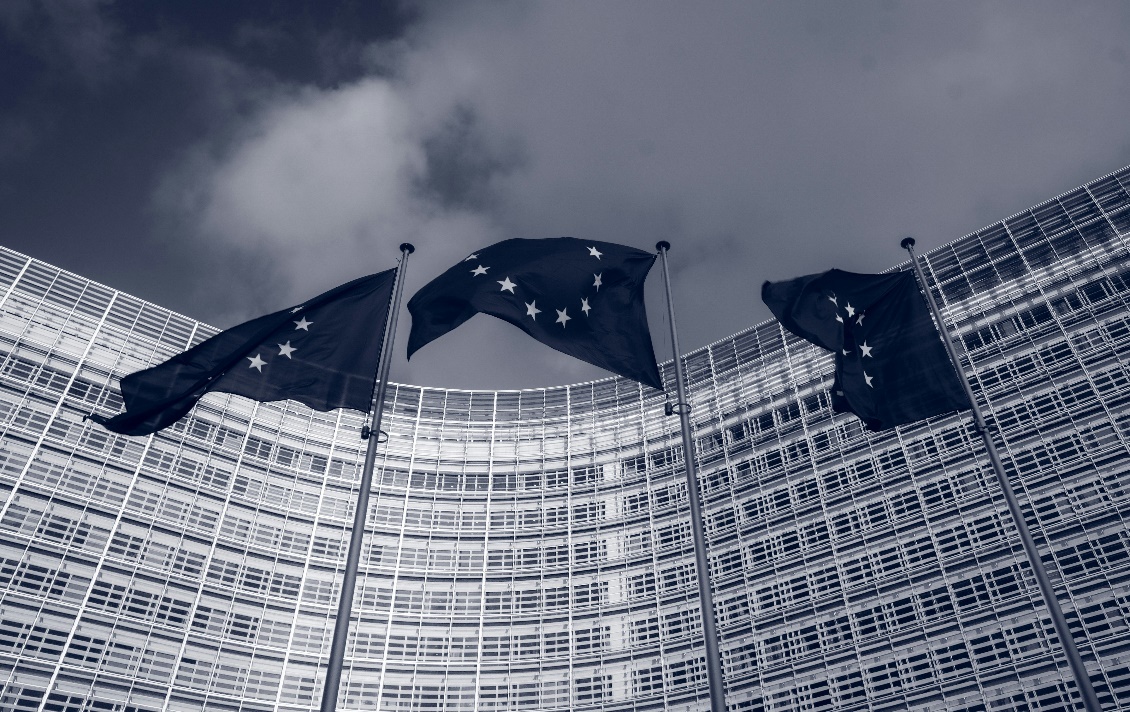ESG as an opportunity and a threat
The Draghi report sees opportunities for sustainable growth in Europe, based on the EU’s position as a world leader in clean technologies such as wind turbines, electrolysers and low-carbon fuels, noting that more than one-fifth of clean and sustainable technologies worldwide are being developed in the EU.
Although it has a lot going for it, the EU fails to convert its strengths into being competitive globally. The report believes that, in addition to (i) closing the innovation gap with the US and (ii) increasing security and reducing dependencies on China for raw materials and technology, there must be a joint plan between all member states for decarbonisation and competitiveness in the EU. Failure to develop an EU-wide plan for all relevant sectors will give rise to the risk of decarbonisation harming competitiveness and growth in Europe.
ESG overregulation
One of the factors identified as harming Europe’s competitiveness is a much “larger regulatory flow”: there are many more new laws and regulations in the EU than in the US. The report singles out three examples, one of which regards sustainability reporting and the due diligence framework, consisting of the Corporate Sustainability Reporting Directive (CSRD), the Taxonomy Regulation, the Sustainable Finance Disclosure Regulation (SFRD), the Corporate Sustainability Due Diligence Directive (CSDDD), the Eco-design for Sustainable Products Regulation (ESPR), the Industrial Emissions Directive (IED), the Emissions Trading System (ETS), and the Regulation on the registration, evaluation, authorisation and restriction of chemicals (REACH).
The CSRD is identified as “a major source of regulatory burden”, with the Draghi report citing estimates that the compliance cost of CSRD-reporting ranges from EUR 150,000 for non-listed businesses to EUR 1 million for listed companies, and estimates by the Danish government that average one-off costs for CSRD compliance are EUR 365,000 with recurring costs of EUR 310,000 a year for a company in Denmark.
The CSRD is criticised for creating risks of over-reporting across the value chain, which may add further compliance burdens. For example, the report notes that reporting standards (ESRS) under CSRD include 1,052 quantitative or qualitative datapoints, of which 783 for mandatory disclosure (80% of them, i.e. 622 datapoints, “subject to materiality”, i.e. to be disclosed only if relevant to the company) and 269 for voluntary disclosure.
The EU Taxonomy Regulation is mentioned as an example of unclear definitions and requirements, including in relation to the ‘do no significant harm’ principle. Accordingly, the Draghi report proposes – among its many recommendations – that the EU simplify regulation, in particular the EU Taxonomy Regulation.
What next?
The Draghi report will serve as a basis for the development of an EU-wide “Clean Industrial Deal”, which the new European Commission is to progress in its new governing term.
Gerelateerd nieuws

Sociaal en Cultureel Planbureau: ongelijkheid zit in je sociale klasse, niet in je woonplaats

Samen voor kortere wachtlijsten huishoudelijke ondersteuning: hoe goede communicatie het verschil maakt

Van klimaatverandering tot overgewicht: ‘De voedseltransitie is een oplossing voor veel problemen’

Fietsersbond en Bouwend Nederland: veiligheid fietsroutes niet op orde
Omgeving
